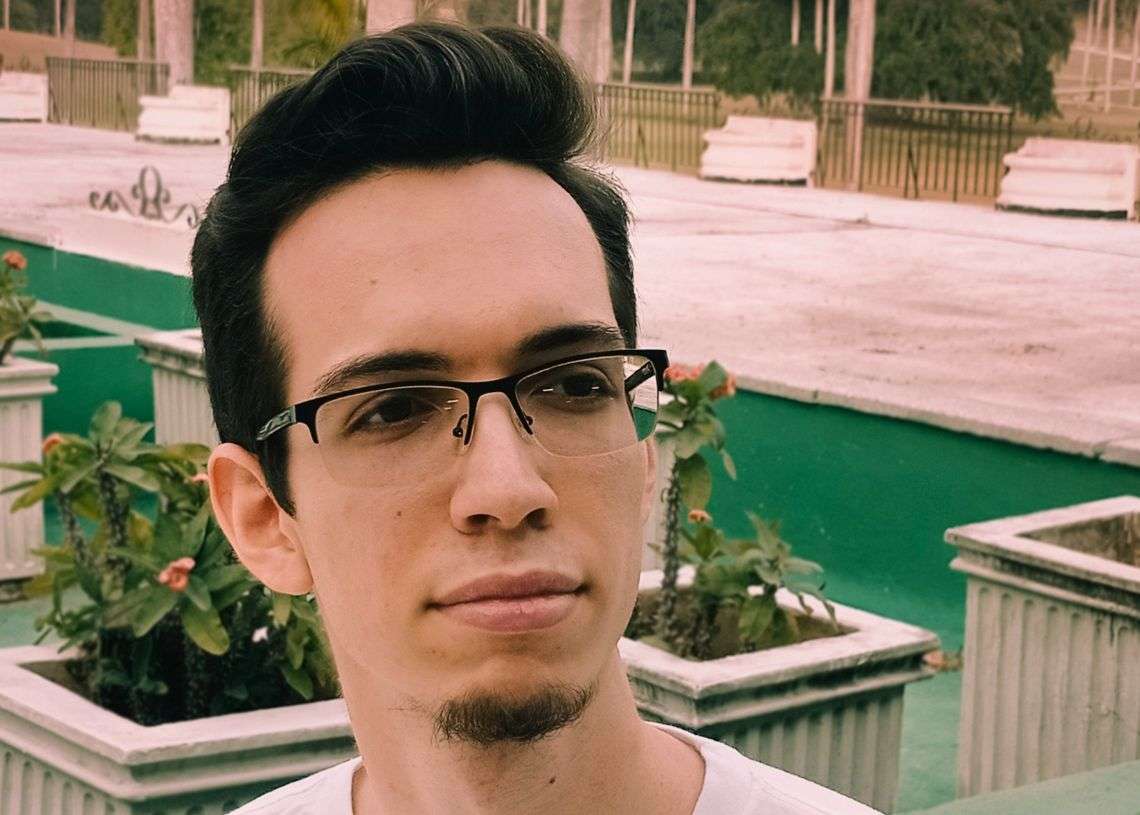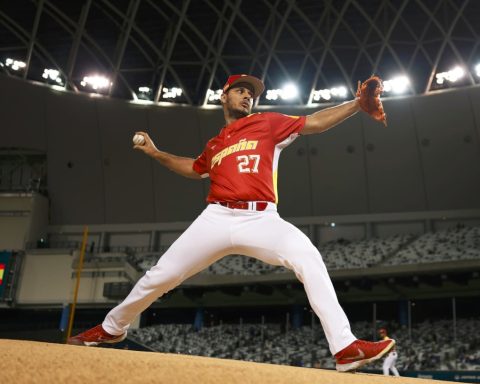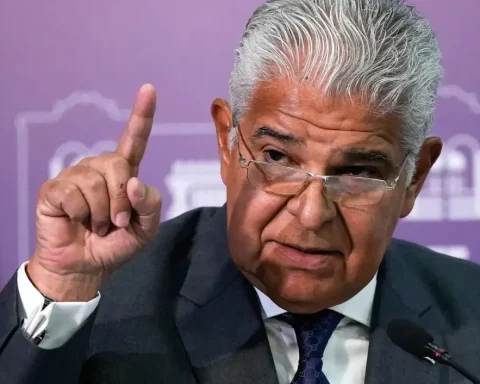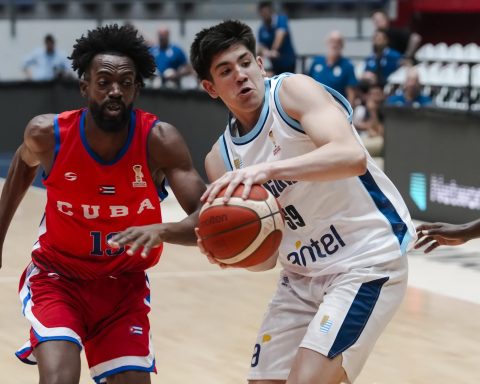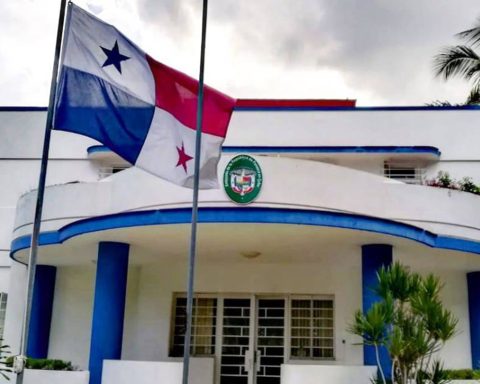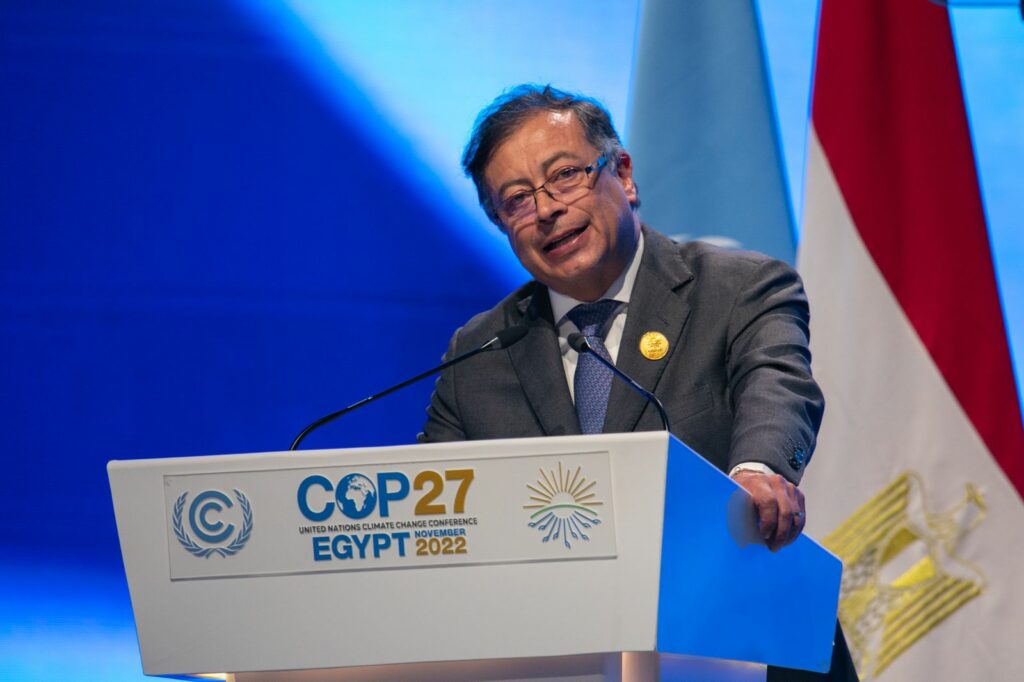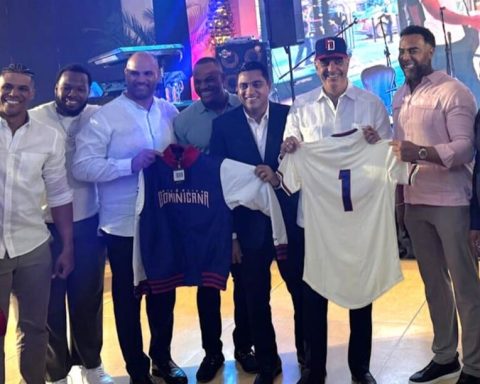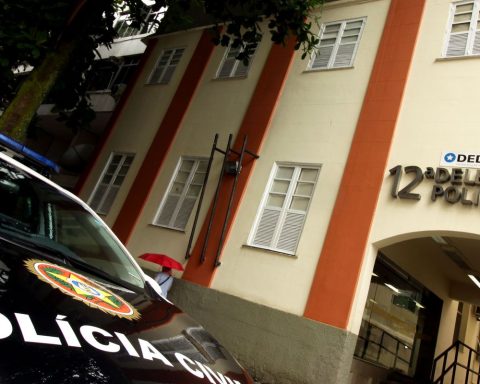He did not have a closed idea when creating the piece with which he won the third prize in the Don Sante Montanaro International Composition Contest. He sought, above all, to experiment with formal structures that he had been studying.
“You must have been inspired by something…”, I question Joel de Jesús Díaz Rodríguez, who is studying Composition at the University of the Arts (ISA). He answers me with the same fluidity with which he presses the piano keys: “The matter of inspiration is something that can be dispensed with when you have gained some practice and when you have tools such as formal structures, which allow you to build a work no need for that inspiration. Waiting only for moments of ‘enlightenment’ to compose is typical of taking composition as a hobby, which I don’t do”.
The contest, organized by the Mons. Sante Montanaro Foundation, based in the municipality of Casamassima, in the Italian city of Bari, included two sections: one for composition for piano —chosen by Joel de Jesús— and another for chamber ensemble. The performances, audio-recorded or computer-generated, were to last between 10 and 15 minutes. “I needed to send a live audio recording,” he emphasizes.
The work, titled “Night Scene,” has contrasting parts. “The beginning is meditative, then it gets animated until it becomes a bit aggressive; then, suddenly, it returns to the initial calm, with which it concludes”, he briefly describes. The jury knew how to capture the essence when it was chosen from among the almost thirty competing pieces from five countries.
Perhaps without being aware of it, as a child Joel de Jesús took composition seriously. “When he was in elementary level,” he says, “he studied piano in a classroom where there was a shelf full of music books. Whenever he had the opportunity, he would make me read pieces by Shostakovich, Grechaninov, Aliabeiev, Kabalevski, Stravinsky, Tchaikovsky… instead of studying what they assigned me, which once I could play it seemed boring to me. He always wanted to find new things.”
At such a young age, did you intend to compose?
You imitate first, then you make your own way. Curiosity is the most important thing when it comes to finding that path. Throughout the course of a music student from the elementary level to the higher level, where he already has the option of choosing Composition as a major, the times that he is asked to make a piece of music are very few. This is outrageously wrong. What better way is there to develop as a performer than creating for your instrument?
If there aren’t many students showing an interest in composition at the elementary level, what can be done to find talent?
What should be done is to encourage students to make their own music from an early age, and not only to discover these talents that you mention, but also as a mere exercise, as one more task in any class, especially in classes. of the instrument. There are children who are more imaginative than others, but they are all creative in essence. There are also some who have the need to create and express their creativity at all costs. The latter are the composers who do not need to be discovered.
Is performance given more importance than composition?
The reality is that in schools we are shown interpretation as something predefined or standardized and completely alien to composition-creation. There is no real search for the creativity of the student-performer. And if you add to that the fact that they don’t teach you that classical music is part of your life, and that you love it, and that in the vast majority of cases it never goes beyond being “the audition of the History of Music class ”, We are facing a terrible scenario.
How can creativity be awakened?
In the brief period in which I worked at the Ernesto Lecuona school in Sancti Spíritus, I sometimes asked my younger students, because the older ones already had hopelessly stunted creativity, to improvise something on the piano, to play whatever they wanted, whatever first came to mind. It was an experiment that I liked to do. Some were shy and touched a couple of keys with their index finger and then stared at me; others more adventurous began to clap the keyboard (clusters) or play rapid successions of notes, or glissandi, or use the pedals noisily… They even sometimes began to hum along with their playing. All of this was so interesting!
It’s a shame that in schools they are not told: ‘That thing you just invented you can make your own, and write it down, and you can speak through whatever it is you invent’. At that time they would understand what music can mean to them.
With a teacher like this you learn while having fun.
For some, these moments of creation that I asked of them moved them and amused them greatly. How cool wouldn’t it be if they could play their own creations in exams? How much more time would they spend on the instrument if composition became part of the studio? Instead of the teacher being forced to say: ‘Study 2, 4, 8 hours!’
Due to the divorce between creation and interpretation, the image of the work they study as a fossil and of the composer as a demigod of unattainable gifts who existed in some remote time is formed in the minds of the students. The lack of dynamism bores, tires, disappoints, hinders and slows down the study of an instrument and music.
